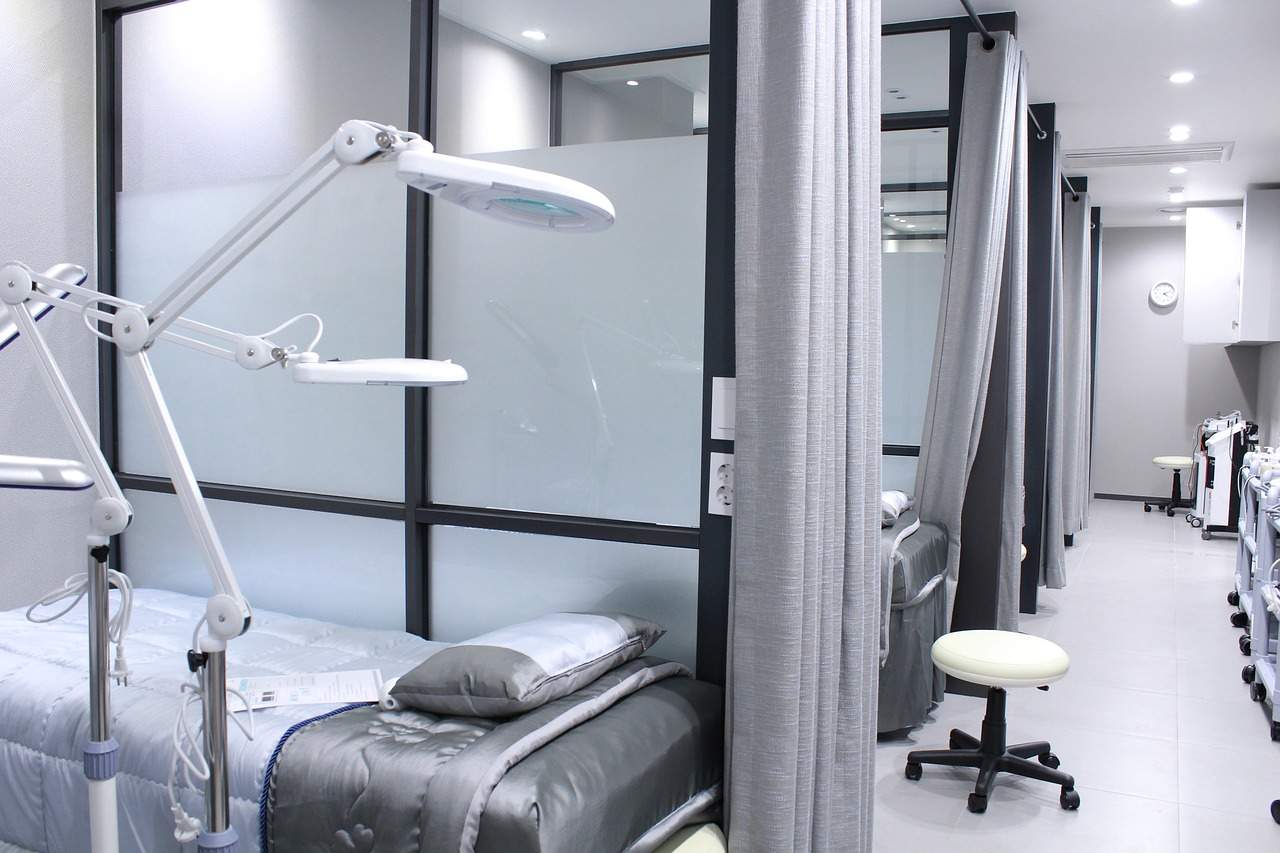
There is no shortage of ways in which technology is impacting people’s daily lives, least of all in the area of health care. From advanced insulin delivery devices to apps that help maintain a heart-healthy diet, technology is making massive advances in both medical fields and the ability of individuals to help monitor their own health. Here are three ways that technology is changing health care access and will do so even more in the future.
Greater Access To Mental Health Care
At anywhere from $80 to $200 an hour or more, which is often not covered by insurance, access to good mental health care has traditionally only been available to the wealthy and elite. The price is also not the only factor, as mental health sessions also involve a great deal of time, which many hourly workers are unable to afford. These issues often made a masters in clinical psychology seem like a risky endeavor and mental health care a difficult line of work in general. Technology is changing all that, however. With a wide range of online resources that are accessible to anyone at any time and a growing field of online counseling, good mental health care is becoming more and more accessible to even people of more moderate means. Evidence suggests that online therapy may even be more effective than face-to-face sessions.
Access To Technology
Technology is helping medical professionals to make faster, better and more informed diagnoses. Digital records can easily be accessed by health care providers around the globe and delivered right to a physician’s tablet within seconds of a patient’s arrival. Where once physicians had to try and keep up with an overwhelming amount of new research being conducted, now it is also available and easily searchable with a few taps on a screen. A number of tests can be submitted digitally, which cuts down significantly on turnaround time and can be integrated directly with billing, cutting down on both costs and costly errors as well. Physicians can also access a patient’s entire record, rather than having to rely on a patient’s memory or wait for a lengthy history to be taken.
Individual Access
Mobile devices are giving people unprecedented access to resources and tools that are helping them take charge of their own health care. From apps that can help asthmatics monitor their asthma to apps that help people avoid dangerous drug interactions, mobile devices are helping to significantly reduce ER visits, which cuts down on health care costs for everyone.
Technology is helping to seamlessly integrate an individual’s own efforts to manage their own health care with a physician or other medical professional’s input as well as medical billing. Patients are not charged for services they don’t use and they have a greater ability to monitor their own health, which also cuts down on doctor visits and frees up doctors to focus on more critical cases. Not only is technology helping create greater health and welfare, but it is helping reduce the high costs of health care as well.
Emma Sturgis
Recent Posts
- Castor Oil For Better Hair Growth: Is It Myth Or Fact?
- Exploring the Differences Between Sermorelin, Ipamorelin, Ibutamoren, GHRP2, and GHRP6: Understanding Their Role in Human Growth Hormone Regulation
- Unraveling the Mystery: Understanding the Causes and Prognosis of Ventricular Tachycardia Without Apparent Heart Disease
- Understanding Grandparents’ Rights in Oklahoma: Navigating Visitation and Legal Protections
- 10 Reasons to Consider Hypnotherapy for Your Health

